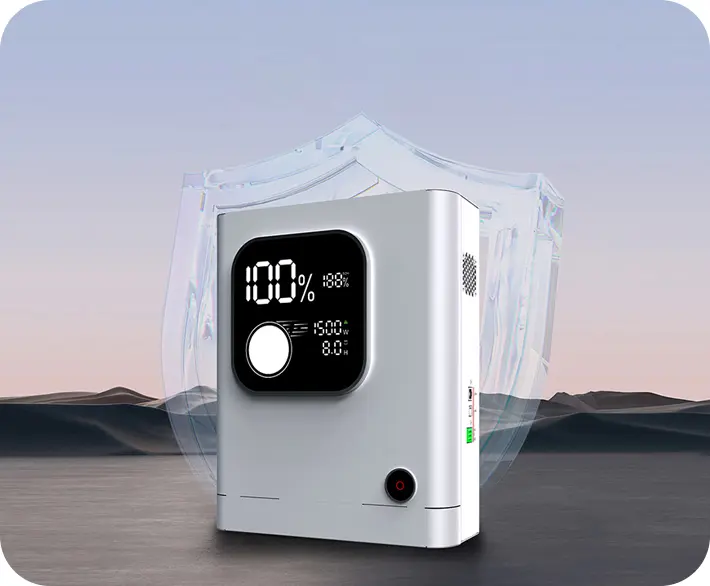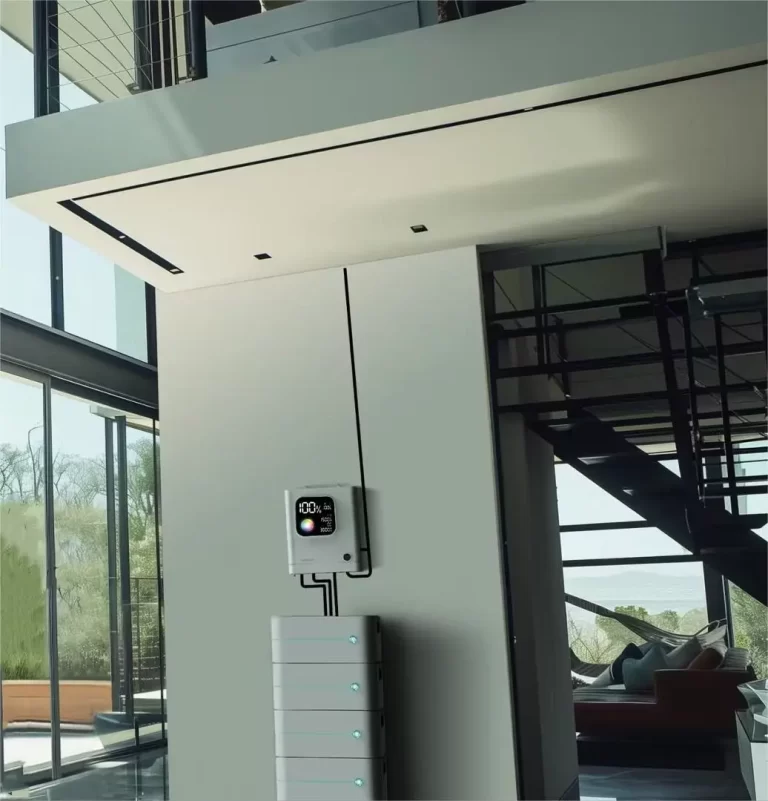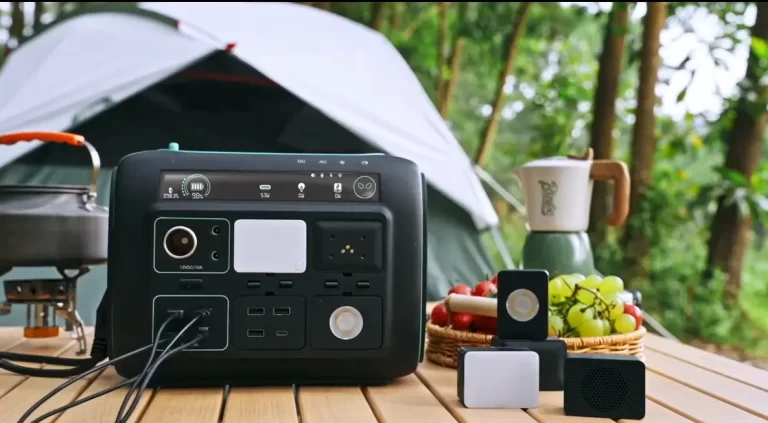As the global demand for renewable energy continues to grow, solar energy has garnered increasing attention and application as a clean and sustainable energy technology. In the context of solar self-generation, the implementation of home energy storage systems has become a significant topic.

A home energy storage system is a device that converts solar energy into electrical energy and stores it. It can retain excess electrical energy generated when the sun is shining, making it available for use during periods without sunlight or during peak electricity consumption. Such systems not only enhance the efficiency of solar energy utilization but also provide households with a reliable power supply, reducing their dependence on traditional power grids.
The advantage of a home energy storage system lies in its flexibility and autonomy. By installing solar panels and energy storage devices, homes can generate electricity during the day and store it for later use. This allows households to access stored electricity at night or during inclement weather, thereby avoiding the inconvenience of power outages or grid failures. Additionally, home energy storage systems can be combined with other renewable energy sources, such as wind or hydropower, to further increase energy self-sufficiency.
Beyond ensuring a reliable electricity supply, home energy storage systems also offer economic benefits. With the continuous advancement of solar technology and decreasing costs, the price of solar power generation is gradually declining. By utilizing home energy storage systems, households can maximize the use of the electricity they generate and reduce their reliance on grid electricity, thereby lowering their energy bills. Moreover, some regions offer subsidies and incentives to encourage households to install energy storage systems, further enhancing their economic feasibility.
However, the application of home energy storage systems also faces certain challenges. The first is the high cost of energy storage equipment, which may limit adoption among some households. Nevertheless, with technological advancements and market expansion, the cost of energy storage equipment is expected to decrease gradually. Additionally, the capacity and efficiency of the energy storage system are crucial factors that must be considered. Households need to select appropriate energy storage equipment based on their energy needs and budget.
In summary, the application of home storage in solar self-generation scenarios presents broad prospects and potential. Not only does it improve energy efficiency and reliability, but it also provides households with a more autonomous and sustainable energy solution. With ongoing technological development and cost reduction, home energy storage systems are expected to become more widely used and popularized in the future, contributing to the realization of sustainable energy development.




